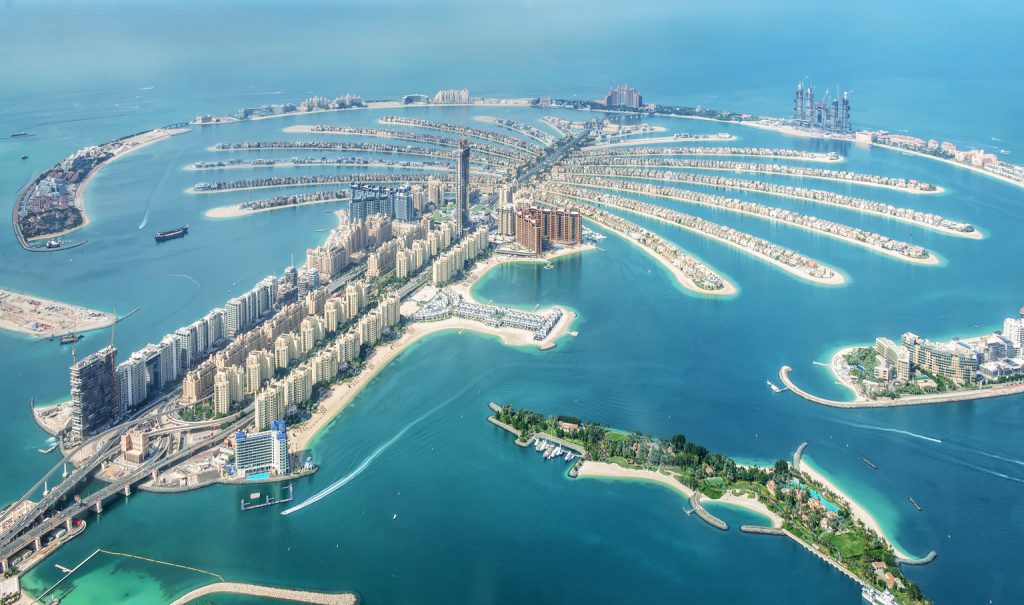Expanding a business into the UAE offers tremendous opportunities. The region’s strategic location, booming economy, and investor-friendly policies make it an attractive destination for global businesses. Understanding the market dynamics, regulations, and cultural nuances is crucial for success.
Market Research and Understanding the UAE Economy
Comprehensive market research is vital. Identifying market trends, consumer behavior, and competitors provides valuable insights. The UAE’s diverse economy spans sectors like oil, tourism, real estate, and technology. Each industry presents unique opportunities and challenges.
The UAE’s economy is one of the most diverse in the Gulf Cooperation Council (GCC). In 2023, the UAE’s GDP was estimated at $501 billion, with a significant contribution from non-oil sectors. Tourism, real estate, and retail are prominent industries. Dubai, known for its iconic skyscrapers and luxury shopping, attracted over 16 million tourists in 2022.
Economic diversification is a core focus for the UAE. The government’s Vision 2021 and Vision 2030 initiatives have been aimed to reduce oil dependency. Vision 2021 targeted achieving a competitive knowledge economy, and Vision 2030 focuses on sustainable development and innovation. These plans encourage investment in technology, renewable energy, healthcare, and education.
Complying with UAE Regulations
The UAE boasts a favorable business environment with clear regulations. Familiarizing yourself with these regulations ensures compliance and smooth operations. Key legal considerations include business licenses, ownership structures, and taxation.
The UAE ranked 16th globally in the World Bank’s Ease of Doing Business Index 2020. The country has streamlined procedures for starting a business, with a process that typically takes just eight days. Foreign investors often prefer free zones. These zones offer benefits like full ownership, tax exemptions, and simplified import/export procedures.
Each of the UAE’s over 45 free zones accommodate specific industries. For example, Dubai Internet City targets IT companies, while Jebel Ali Free Zone is ideal for logistics and manufacturing. Choosing the right free zone depends on your business needs and industry.
Choosing the Right Business Structure
Selecting an appropriate business structure is critical. Options include limited liability companies (LLCs), partnerships, and branches. Each structure has its benefits and requirements.
LLCs are popular for their flexibility and limited liability protection. They require a local partner, who must hold at least 51% of the shares. However, many free zones allow full foreign ownership, making them an attractive option. For example, the Dubai Multi Commodities Centre (DMCC) allows 100% foreign ownership and provides a 50-year tax holiday.
Developing a Strong Business Plan
A well-created business plan outlines your objectives, strategies, and financial projections. It serves as a roadmap for your expansion and helps attract investors and partners. Key components of a business plan include market analysis, marketing strategy, operational plan, and financial forecasts.
Understanding your target market and customizing your products or services to meet local needs is essential. The UAE’s population is around 9.9 million, with a large expatriate community. A robust marketing strategy should leverage digital channels, given the UAE’s high internet penetration and social media usage. Over 99% of the population has internet access, and social media usage stands at 98%.
Building a Network and Establishing Partnerships
Networking plays a significant role in business success in the UAE. Establishing strong relationships with local businesses, government agencies, and industry associations can open doors and provide valuable support.
Attending industry events, trade shows, and business forums facilitates networking. The UAE hosts numerous high-profile events like the Dubai Expo, the Arabian Travel Market, and GITEX Technology Week. Joining local chambers of commerce and business councils also helps in building connections and gaining insights into the market.
Adapting to the Cultural Landscape
Respecting local culture and business etiquette is paramount. Understanding cultural norms and practices creates positive relationships and smooth business operations. For instance, knowing the importance of personal relationships in business dealings is crucial.
The UAE is a melting pot of cultures, with a significant expatriate population. This diversity offers both opportunities and challenges. Designing your business approach to reflect to this multicultural environment enhances your chances of success.
Investing in Technology and Innovation
The UAE government prioritizes technology and innovation. Investing in these areas not only meets national goals but also enhances your competitive edge. Incorporating advanced technologies in your business operations improves efficiency and customer experience.
The UAE’s smart city initiatives and focus on digital transformation create a conducive environment for tech-driven businesses. The country has invested heavily in infrastructure, with projects like the Hyperloop and autonomous transportation systems. Leveraging these opportunities can drive growth and innovation.
Managing Human Resources and Talent Acquisition
Attracting and retaining talent is vital for business success. The UAE’s diverse workforce offers a pool of skilled professionals from various backgrounds. Implementing effective HR strategies ensures you attract the right talent and maintain a motivated workforce.
Compliance with labor laws and understanding employment practices is essential. The UAE has introduced a new labor law in 2022, focusing on flexible working hours, equal pay, and protection against discrimination. Offering competitive salaries, benefits, and career development opportunities helps in retaining top talent.
Understanding Financial Considerations
Financial planning and management are crucial aspects of business expansion. Understanding the cost of doing business, including rent, utilities, and employee salaries, helps in budgeting effectively. For instance, office space in Dubai’s prime locations can range from AED 100 to AED 300 per square foot per year. Exploring funding options such as local banks, venture capital, and government grants supports your financial strategy.
Leveraging Digital Marketing Strategies
Digital marketing is a powerful tool in the UAE’s tech-savvy market. Developing a strong online presence through websites, social media, and search engine optimization (SEO) drives brand awareness and customer engagement. Tailoring your digital marketing strategy to the preferences of the local audience maximizes its impact.
Over 9.8 million people in the UAE are active social media users. Platforms like Instagram, Facebook, and LinkedIn are popular for business promotion. Utilizing these platforms effectively can significantly enhance your reach and customer interaction.
Conclusion
Expanding your business in the UAE market requires careful planning, market understanding, and strategic execution. The region’s dynamic economy, supportive government policies, and diverse consumer base offer vast opportunities. By following these guidelines, you can successfully expand your business in the UAE.
FIM is here to help! Our experience in business expansion in Dubai and across the UAE can guide you through every step of the process.
Contact us today to learn more about how we can support your business growth in this vibrant market.


